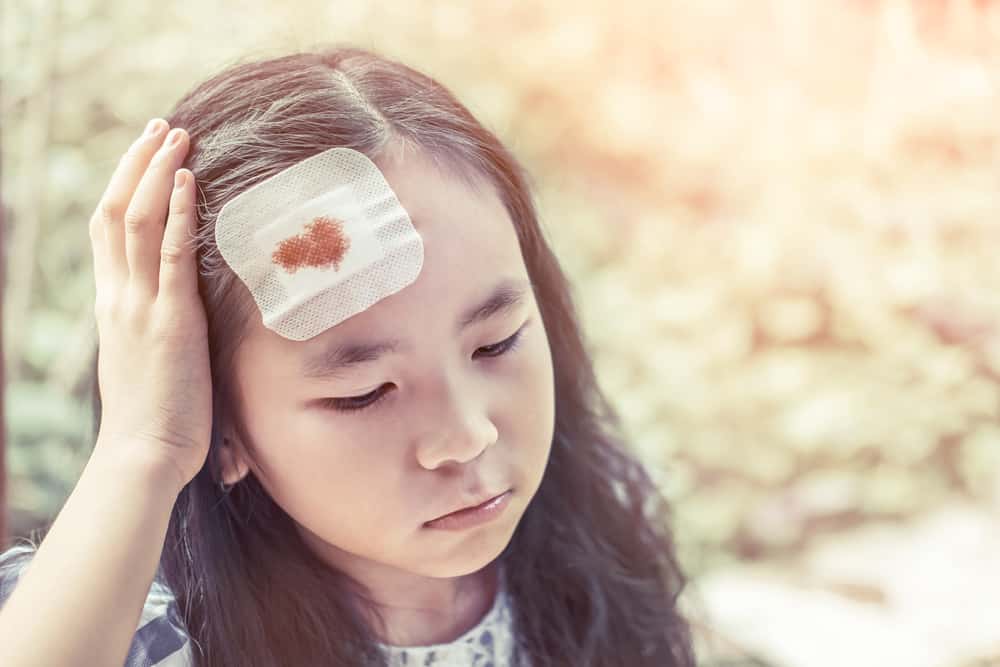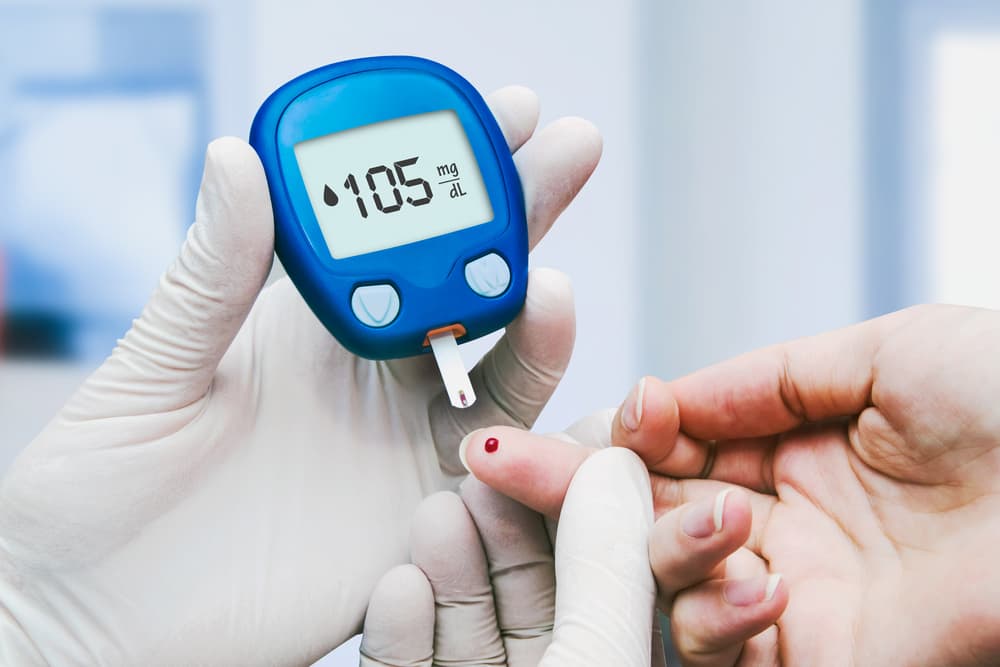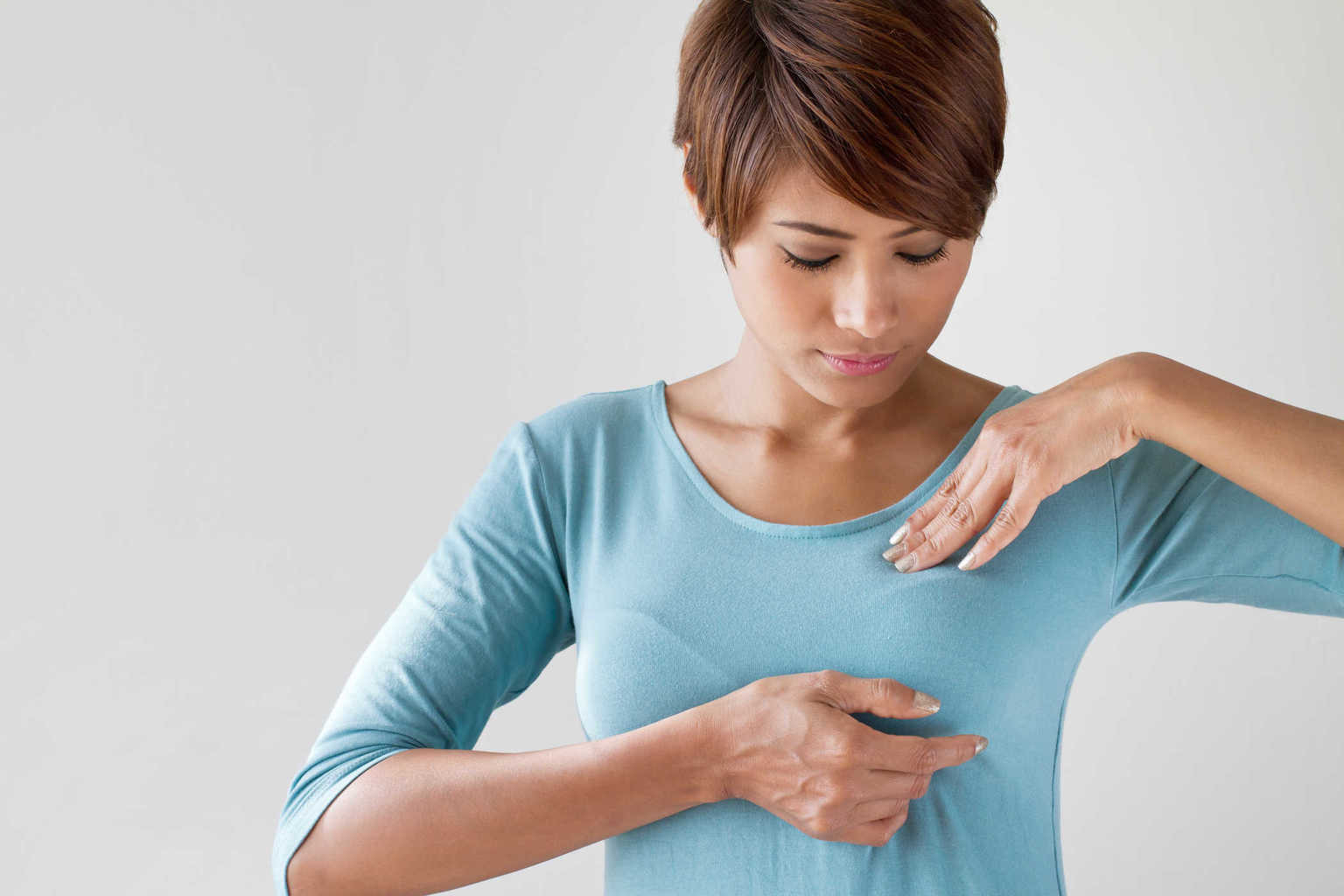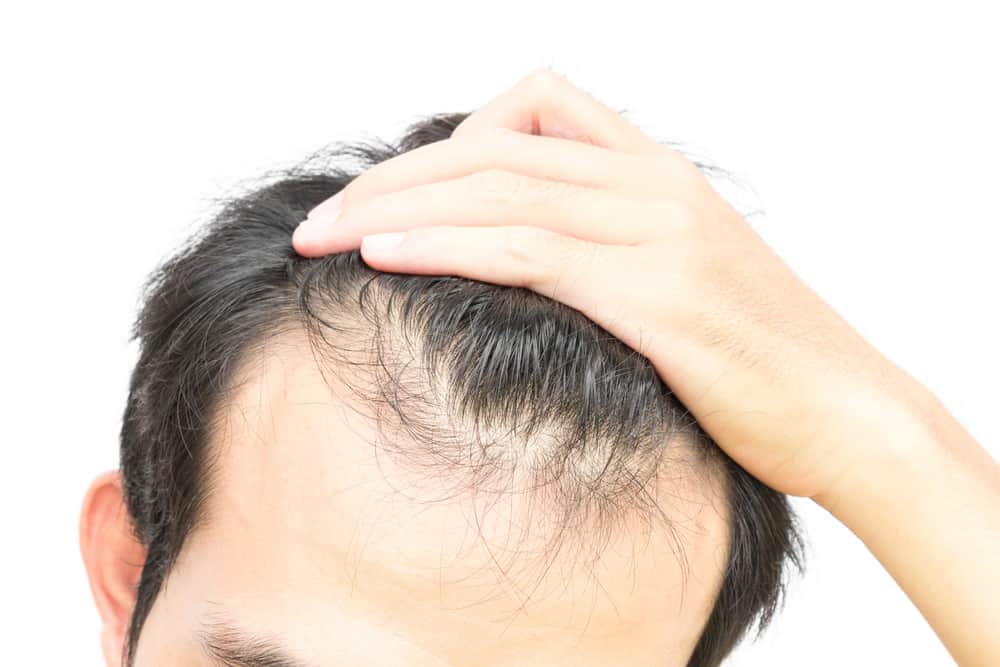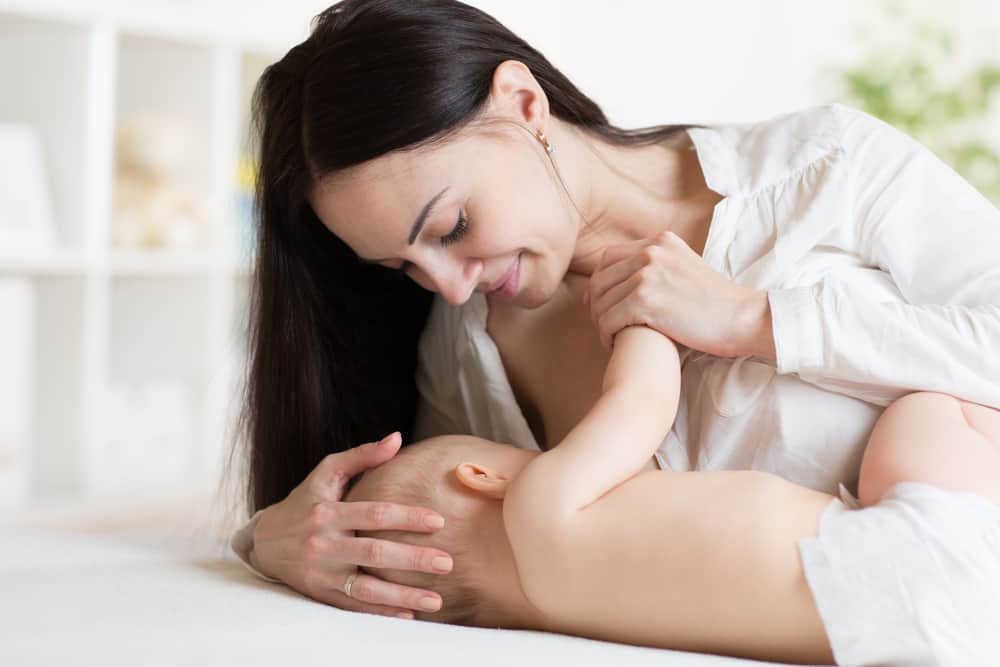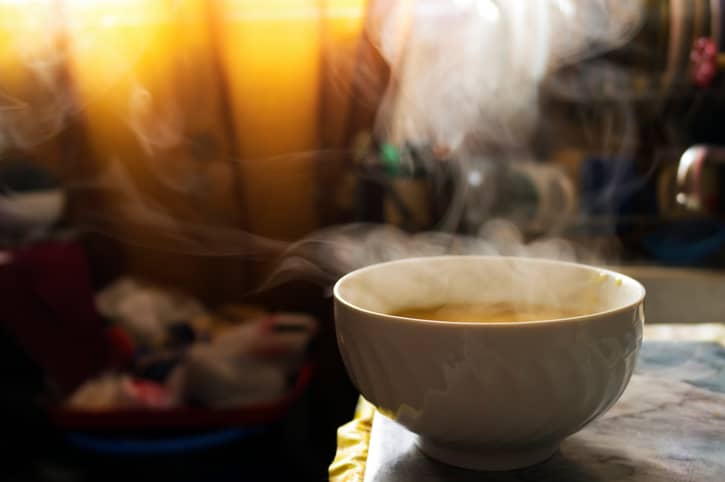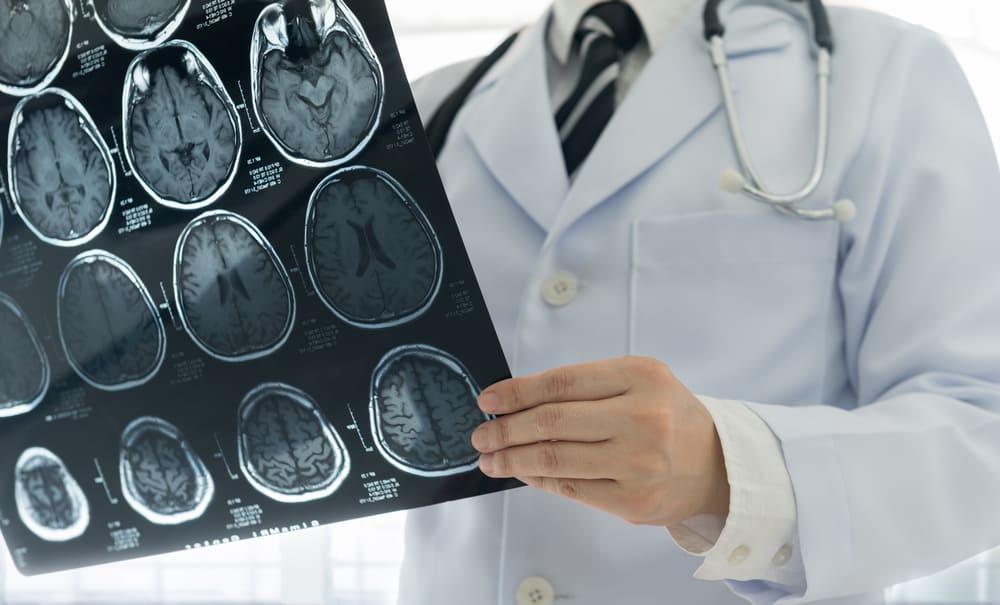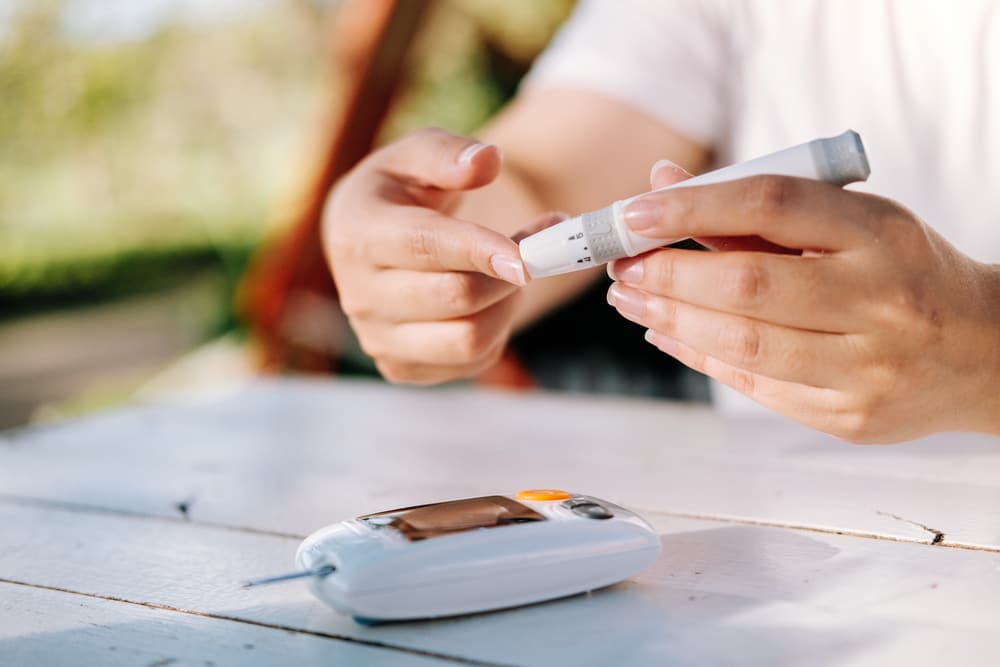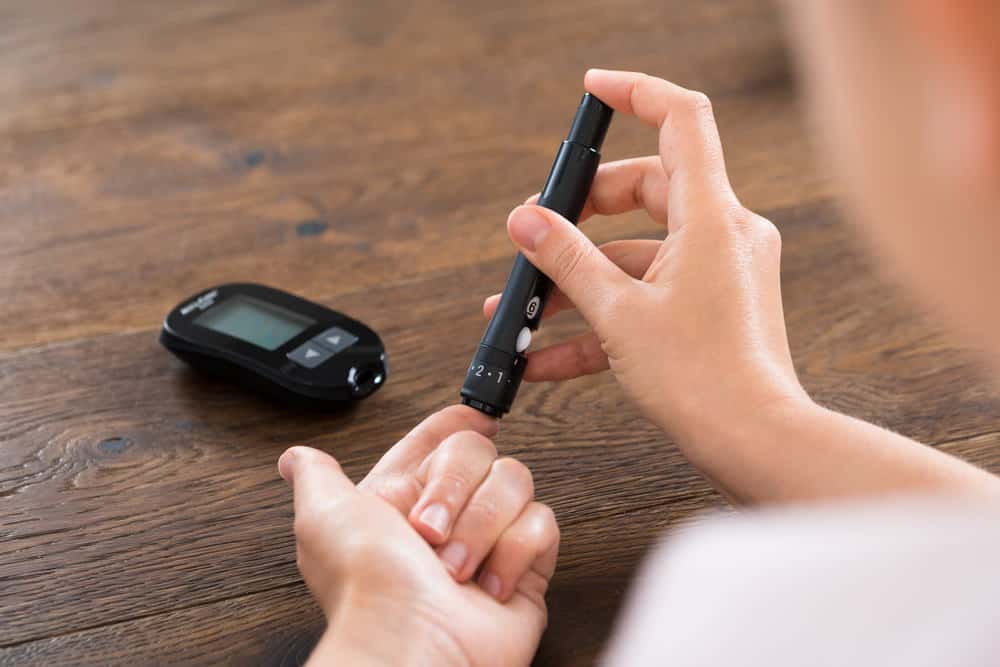Contents:
Medical Video: Traumatic Brain Injury (TBI) in Kids
You might think that concussion is an accident that can only occur in professional sports athletes or motorized accidents. But concussion is more common - and more dangerous - than we thought. The incidence of head trauma treated in hospitals in Indonesia is the second leading cause of death (4.37%) after stroke (University of North Sumatra, 2014).
Falling is a major cause of fatal injuries in children of all ages, and falls are also the number one culprit of reports of head injury cases in children under 9 years, quoted from Parents. Children under the age of 4 are the most frequent head injury victims, and young athletes get mild to serious concussions far more often than expected.
Is that a concussion?
Concussion is a type of traumatic brain injury originating from a closed head injury - where there are no objects penetrating the skull - causing the brain and head to jerk very quickly so that it interferes with the normal functioning of the brain temporarily or permanently.
Concussions can also result from strong blows to the body that accidentally hit the head and brain. Injuries may start from a hard hit, a fall, or a heavy shock; their potential is broad, from sports, falling during daily activities, or from attacks - such as when children fight or become victims of violence.
We cannot repair brain injuries like we repair damaged ligaments and bones. Therefore, it is important for you as a parent to exert every effort and effort to protect the child's brain and realize the potential long-term effects of concussions on normal brain development.
What is the effect of concussion on children?
The definite health impact of concussion in children is unclear. There are so many children who have experienced mild head trauma and have risk factors for physical and psychological disability, in fact they are fine throughout their lives. But, although rare, the effects of untreated concussions can persist in the child for years.
The risk for long-term problems increases if a child has a second concussion or if his brain injury is more severe than a concussion. This worrying impact also generally will be worse if the child has head trauma experienced after age 15, presumably because the brain becomes less resilient than before.
The astonishing report above was obtained from one of the largest and most comprehensive studies in the study of the impact of head trauma in young children, involving a continuous research process on 104 thousand Swedish people who had experienced concussion during their childhood (before age 25) but never diagnosed, reported from New York Times.
What are the signs and symptoms of concussion in children?
You can experience a concussion without losing consciousness. Signs of concussion are generally the same for every age. But for babies, toddlers and older children, you may have to think a little differently when trying to determine whether they have a concussion. Concussion is very dangerous for small children, especially those who cannot speak, because children may not be able to tell you when they are in pain.
Remember, the main symptoms of concussion at all ages include irritability and difficulty sleeping. However, symptoms may not appear immediately after injury. Signs and symptoms can appear for hours or even days after injury. You must monitor your child very carefully for every possible sign and symptom.
Signs and symptoms of concussion in infants
In infants, concussion signs can include one or more of the initial symptoms below:
- Cry when you move or hold his head
- Irritability; tantrum
- Changes in sleep patterns - sleep longer or less
- Lost consciousness
- Sleepy
- Sluggish
- There is a leak (in the form of transparent liquid or blood) from the nose, mouth, or ear
The most obvious symptom is loss of consciousness, but other signs including refusal to eat, prolonged fuss, or prolonged, unusually calm or inactive behavior can also be signs of concussion or other more serious brain injuries. A large lump in the crown - the soft area of the baby's head - is also a sign to watch out for.
Signs and symptoms of concussion in children less than two years old
Under three years of age who experience a concussion may already signal to you that their head hurts and becomes more vocal about the pain. Symptoms may include:
- Headache
- Nausea or vomiting
- Changes in behavior
- Changes in sleep patterns - sleep longer or less
- Crying excessively
- Losing interest in playing with his siblings or playing outside, or doing other favorite activities
Signs and symptoms of concussion in children under five
Small school-age children may have been able to show clearer behavioral changes, such as:
- Lost short awareness (less than 20 minutes)
- Looks confused, blank stare, gasped, like shock or daydream; dizzy
- Headache
- Nausea
- Unstable emotions (crying or laughing suddenly)
- Dizziness or problems focusing on balance
- Double vision or blur
- Sensitivity to light and / or noise
- Difficult to concentrate
- Hard to remember
- Confused or forget about recent events
- Slow when responding to questions
- Mood changes - irritability, easily sad, emotional, nervous, anxious, depressive mood
- Changes in sleep patterns - sleep longer or less
- Sleepiness and lethargy
For children under the age of 6 or 7 years, it is sometimes difficult to recognize brain injury, because short-term memory is limited and short attention spans often occur in this age group. In elementary school children and older adolescents who are older, this marker will be more accurate so that you can immediately ascertain the suspicion of concussion symptoms. In addition, also notice if he is confused when looking for a word.
What should be done if the child's head is hit or injured?
Falling children while on the move is normal, and in most cases there is nothing to worry about. If your child is fully conscious, active, and doesn't seem to act differently after getting a mild lump on his head, chances are he will be fine.
If after a child strikes to start vomiting, breathe irregularly, experience seizures, or become unconscious, get medical help as soon as possible. Do not move your child unless he is in the potential for further harm. Perform CPR if he is not breathing, and if he is bleeding, press the wound with a clean cloth and press to stop bleeding until help arrives.
If you see that the pupils (small black circles in the eyes) of children are not the same size or larger than normal pupils after a head injury, this can indicate swelling around the brain and is a medical emergency. Although there are no official tests that can diagnose concussions, CT scans or MRI may be used to get a picture of the brain if the doctor suspects bleeding in the brain.
How to deal with a child's concussion at home?
The only treatment for concussion is rest, from mental and physical activities. The brain needs a lot of rest to heal itself from trauma, and full recovery can take months to a year, depending on how bad the child's concussion is. Don't allow your child to use any screen because this really stimulates and arouses the brain. This means that you cannot use a TV, tablet, listen to music, or a smartphone.
Recovery will be faster when the child often and consistently breaks after the child. Sleep is actually very effective for healing the brain, so encourage children to have a quiet nap time and an early night's sleep to create as much rest for the brain as possible to recover. It's okay to let children take a nap after a collision, but keep watching very carefully for any changes after they wake up from sleep.
After symptoms disappear, pay attention to what happens when the child runs on a flat surface at a relatively fast speed. If there are no symptoms of relapse, the child can increase physical activity as long as he remains symptom free. Parents and teachers must monitor carefully in the first few days, weeks and months after the child has a concussion and returns to school. If symptoms return or other problems develop, the child must be taken to a doctor and maybe a neuropsychologist for further examination.
In order to protect your child from potential head injuries in the future, it is okay this time to be a stubborn parent "forcing" children to use appropriate and properly installed protective equipment - such as helmets - during sports and other activities because repeated concussions can cause damage permanent in the brain.
READ ALSO:
- Know the Signs of Violence in Children
- Migraine and Side Headaches Turn Out Different
- Is It True If Children Often Sleep In Classes?

